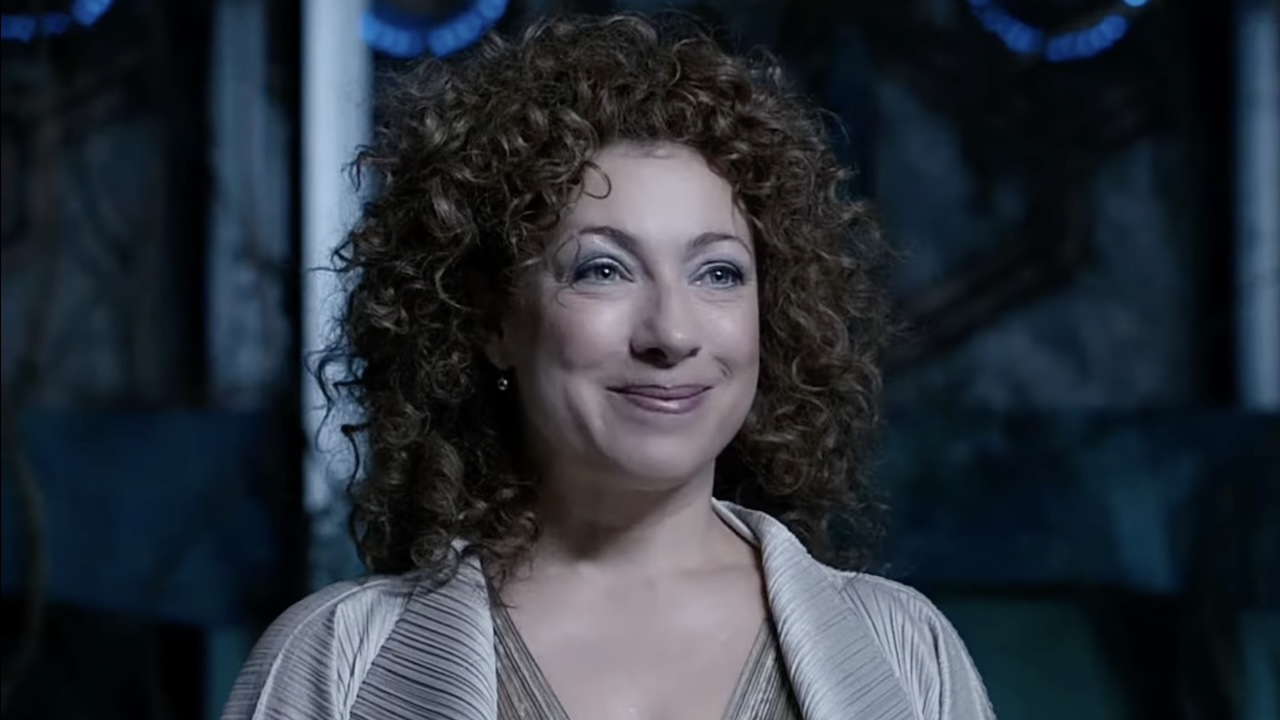Quantum Break Composer Breaks Down The Art Of Applying Music To Emotion
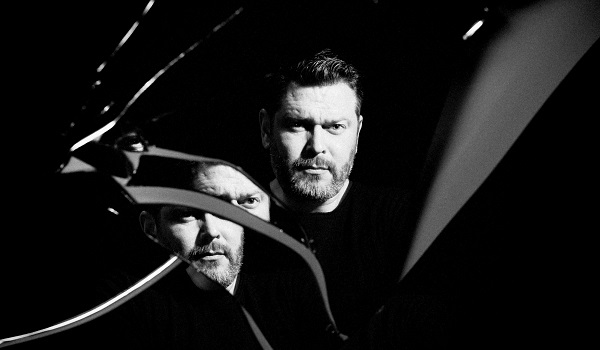
Your Daily Blend of Entertainment News
You are now subscribed
Your newsletter sign-up was successful
One of the driving forces of any good video game is a soundtrack that provides a solid backbone for all of that running, jumping and shooting. And according to Quantum Break composer Petri Alanko, a good soundtrack has the ability to tell the game's story without ever saying a word. It has its own way of introducing you to the characters and settings, as well as providing an emotional center for what's happening while the player has a controller in hand.
Alanko, a Finnish composer, musician and producer, reunited with Remedy Entertainment about five years ago to begin work on Quantum Break. His previous work with the studio included Alan Wake, as well as its DLC chapters.
But while Alan Wake primarily told the story of a man struggling with guilt and fear, Quantum Break offers a more complex landscape of characters, relationships and motivations. There's loss, love, betrayal and, yes, time travel. There are a lot of emotions at play here, which calls for an equally complex soundtrack that can pick them each apart or, at times, pull them all together.
Remedy Franchise Art Director Saku Lehtinen was first to reach out to Alanko about working on Quantum Break but, back in 2011, it was simply called “an unnamed top secret project.” Alanko said he was sold on Quantum Break by a sentence that began with “...er, uh, we've been thinking about a sci-fi story with time—,” which is when Alanko said “Shut up, I'm in!”
When asked where he begins work on crafting a game soundtrack, Alanko said that everything starts with a story.
...Or rather, the stories. I want to make the characters real to myself, so I'm constantly asking a million questions,” he said. “But it's all about making everything believable to me. And since Remedy is paying a lot of attention to the storyline and the characters right from the start, it's like stepping into a ready-built world.
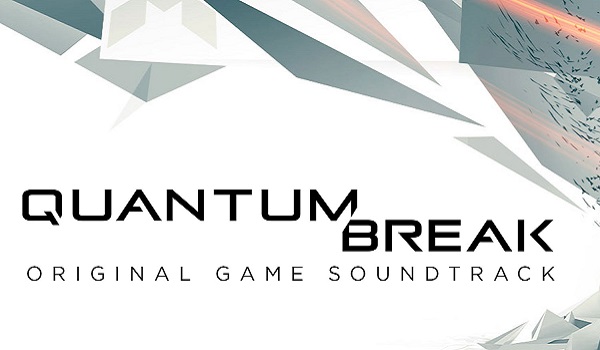
Alanko said he kept sneaking into pretty much every area of development throughout production, looking over the shoulders of concept artists and trying to get the writers to spill the beans when it came to additional plot details.
I loved the project from the first cinematic onwards. Alan Wake; they just showed me something and Alan Wake's theme song started playing in my head. The same thing happened here. What I first wrote is actually in the game. It was May 2011, and that little theme survived until the very end, used in the same context, albeit with a different character.
Alanko said that composing for a game frequently means you're asked to write “numerous meaningless battle sequences,” but turning in tracks of glitchy background music wasn't what he or Remedy had in mind for Quantum Break. This game has an emotional core, and its one Alanko wanted to tell with his soundtrack.
Your Daily Blend of Entertainment News
Instead of taking the easy way, I told the separate stories of [Quantum Break characters] Jack, Beth, Paul/Serene, mixed in some Will and time machine stuff, as well as their intertwining fates, and built it from there. I told the emotional side of the story – one could say the game offers you action and the soundtrack is its mirroring image...showing you the pasts and futures of each event. There's the emotional arc inside of the game, too, and I wanted to emphasize that.
When scoring Quantum Break, Alanko said he found his emotional anchors in loss, love, disappointment and payback. Those were the driving forces he wanted beating at the heart of his tracks. Of those four, he said disappointment was the hardest to portray in sound.
It's so close to rage, if mistreated, a bit like in real life. If you let a grudge grow, it'll eventually kill you. It's in there, in the darker shades and sound library origins, but it surfaces also with some harmonic exchanges, the way chords were formed, etc.
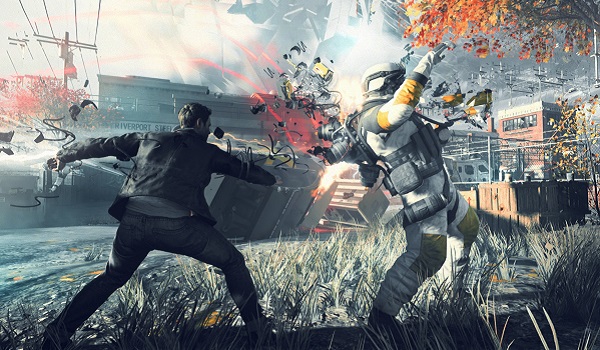
As for which emotion he had the most fun writing, Alanko said it was the “most powerful force” imaginable, an untold love.
You don't really change before you've loved someone so deeply; it alters something in you, for good. And those changes tend to happen before anything about your feelings are expressed to the other. The molds are formed there and when – and if – the feelings are mutual, only then the molds are filled. But even if they're left empty, they're changing you.
Alanco said that he does not really enjoy writing to action within a scene, as he finds that process uninteresting and, much of the time, the music is treated as a mere sound effect to what is happening on screen. He created a more dynamic soundtrack for Quantum Break, which you can actually check out several full tracks by visiting the soundcloud. He said that the tricky part of writing a video game soundtrack is that “everything must fit everything.”
Video games aren't a linear art form. As the changes on-screen can happen in a second, the music has to follow in a snap. Even one bar late would feel a bit odd and would affect the experience. This must be done by several rather cunning tricks, and Quantum Break's audio team was right on top of the tip.
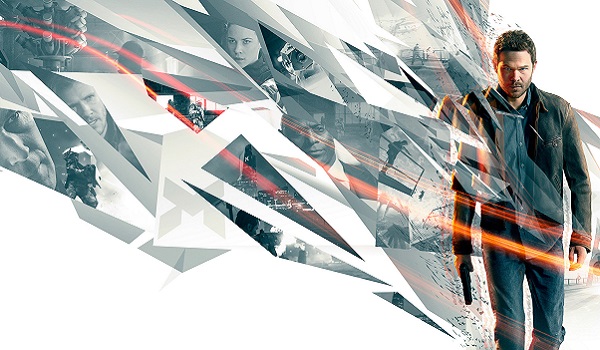
For Quantum Break, Alanko said he had to sample dozens of metallic objects to get the process rolling, adding in guitar feedback, neon light buzzing, electromagnetic interference and “even so-called spy radios.” From there, he said he processed and stretched the sounds beyond recognition, “paving a path to walk on” and leading to the game's unique soundscape.
Quantum Break refined both the company's and my chops. What surprised me this time, however, was the amount of fine-tuning. Sometimes editing out one second of a cinematic would mean the whole accompanying track had to change, as the power structure or the tension changed.
Alanko said he learned how to lose many of his babies on the cutting room floor while working with Remedy on Alan Wake, and those skills translated well into this new project. And like with Alan Wake, Alanko said he hopes he has created another soundtrack that is “somewhat timeless.”
Hopefully [the soundtrack] survives listening as is, even without knowing anything about the game,” he said. “[Quantum Break] is so incredibly rewarding, really. It's full of very enjoyable gaming moments, gratification and superb gameplay. I'd like to think [players] hum a tune or two and remember the game from those tunes, but also the other way around. I would like to think they'd feel just as entwined with Quantum Break as I was – and still am.
Quantum Break launches for the Xbox One and PC on April 5.
Staff Writer for CinemaBlend.

